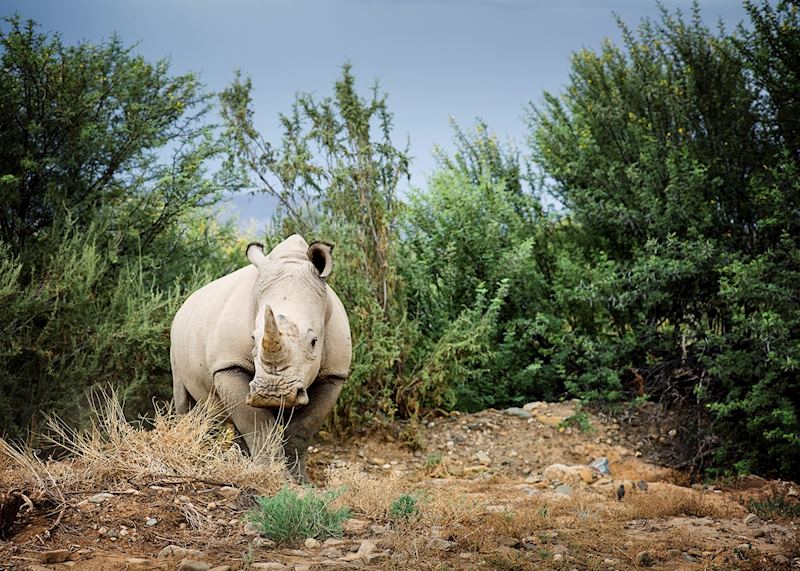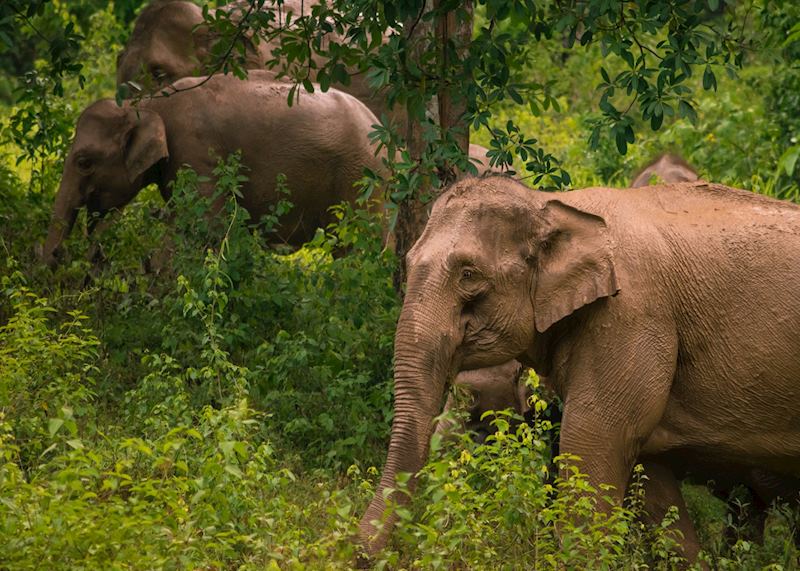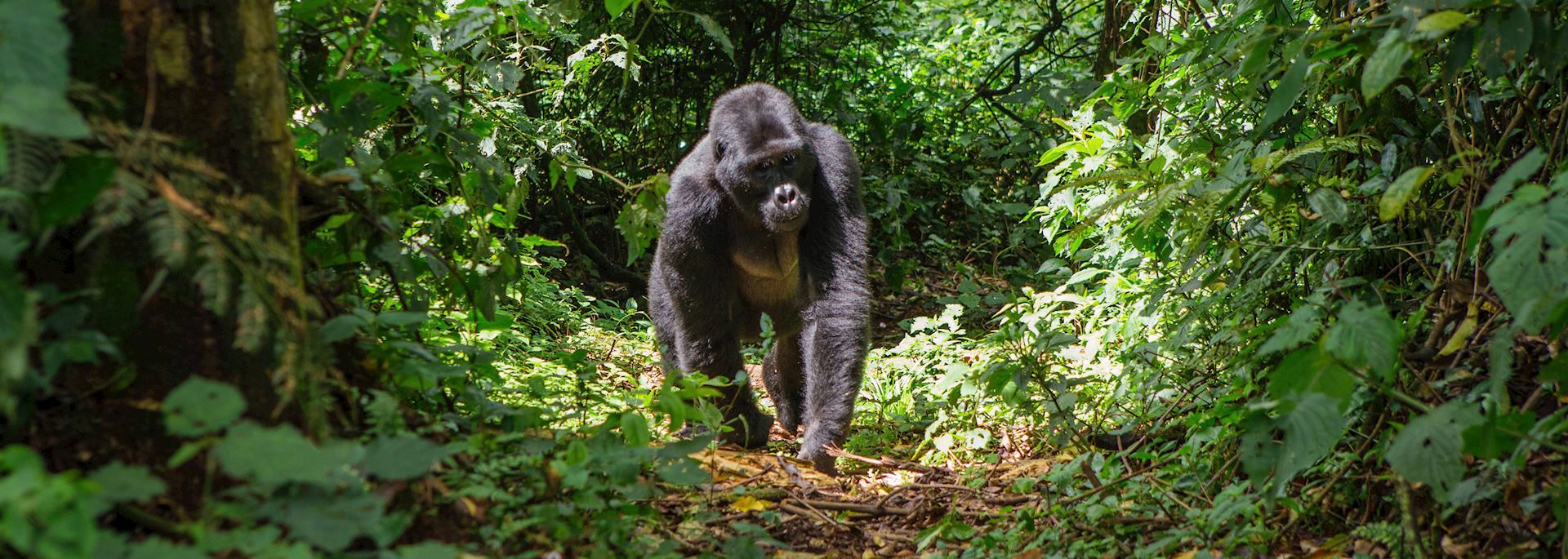We have a heightened focus on all aspects of sustainability that impact the environment in our destinations and in our offices. Our passion for exploring the planet goes hand-in-hand with our desire to protect it.
As a result, we’re committed to carbon reduction and mitigation, wildlife protection and animal welfare, preserving habitats and landscapes, encouraging green transportation options where possible and reducing plastic usage, waste and energy consumption. To help with this, in addition to our Audley Sustainability Policy, we have specific policies that hold our business to high standards in these areas.
Animal Welfare Policy
Carbon offsetting
Animal Welfare Policy

Working with animal welfare experts, at ANIMONDIAL, we’ve extensively reviewed the experiences we offer involving animals. As a result, we’ve created and implemented a comprehensive set of policies to ensure your trip doesn’t have a detrimental effect on the welfare of working, captive or wild animals. This has included phasing out a number of experiences that didn’t meet our animal welfare standards and introducing ethical alternatives.
Where possible, animal encounters that we offer will have a positive effect, either on the individual animals you’re seeing or on the species as a whole. For example, proceeds from visiting a well-run animal sanctuary will help to support its work, while seeing wild animals in their natural environment encourages local people to conserve species and their habitats as they themselves see the benefits from wildlife tourism.
As well as actively avoiding experiences that exploit animals, we’re always trying to encourage our local partners to improve animal welfare standards.
Alternative elephant experiences
There are real concerns over the welfare of captive elephants in the tourism industry. With that in mind, we no longer offer elephant riding as an activity. Instead, we’re keen to offer alternative experiences that place elephant welfare first. We have stringent policies to ensure that elephants are:
- genuinely rescued and not sourced from the wild or commercial trading, or through captive breeding
- kept in conditions that meet their physical and behavioural needs, including social interaction with other elephants and the opportunity to forage, as well as constant access to clean water, appropriate food and shelter
- not subject to physical or verbal abuse
- not trained to perform unnatural acts, such as circus performances or elephant polo

Carbon offsetting
Responsible travel is part of Audley’s DNA. That’s why we’re always looking for innovative ways to reduce our carbon footprint in our offices, through our supply chain, and on our staff research trips. But, even as we continue to reduce our carbon footprint, we know that we can do even more through carbon offsetting.
To help with this, we give our clients the opportunity to offset their trip through a one-off payment. We also offset our own emissions by working closely with Climate Impact Partners, a specialist in carbon market solutions for climate action.
Through Climate Impact Partners we are working to help finance projects that reduce emissions and support the transition to a low-carbon global economy. All projects are independently validated and verified to global standards to guarantee that emissions are being reduced. This gives us the highest integrity in our commitment to having an immediate, positive impact on the environment.
While Climate Impact Partners helps with our offsetting efforts, our Carbon Strategy reiterates our commitment to reducing emissions internally. The goal is to reduce our Scope 1 and 2 emissions by 2030, from a baseline year of 2019, in line with the Paris Agreement target of limiting warming to within 1.5 degrees of pre-industrial levels. After calculating our Scope 3 emissions, with the help of eCollective, we continue to focus on carbon reduction, and only use carbon offsetting on the residual emissions.
What projects does your carbon offsetting support?
We’ve worked hard to reduce our emissions as much as possible. To offset the remaining emissions, we contribute to projects that are working to immediately cut emissions while supports communities around the world and supporting our transition to a low carbon global economy. Working with Climate Impact Partners, we choose projects with clear goals that align with the UN Sustainable Development guidelines.
When you choose to offset your flight emissions, you’ll be supporting the Aqua Clara Water Filters project, which provides filters to improve access to safe drinking water for people in Kenya.
40% of people lack access to clean drinking water in Kenya. Aqua Clara brings safe water to families and schools across Kenya with the help of locally manufactured and easy to use bio-sand filters. The biosand water filters purify water as it passes through layers of sand, naturally removing bacteria and parasites, resulting in clean, safe, healthy drinking water without the need to boil water over smoky, firewood-fueled stoves. This means fewer trees cut down for firewood and fewer carbon emissions.


